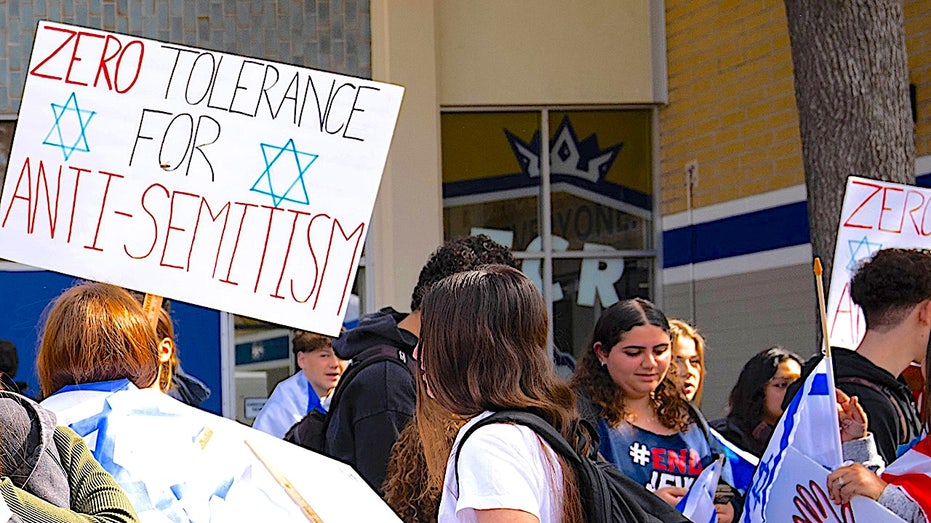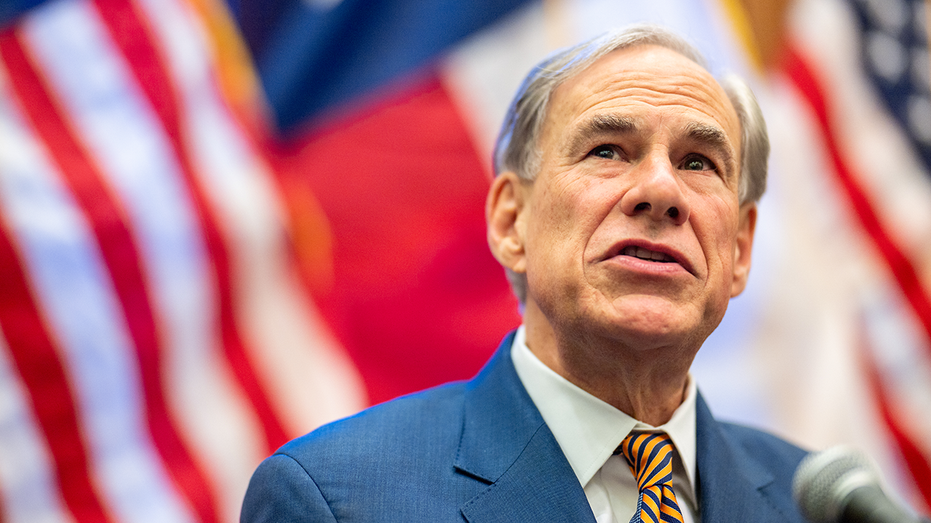The silence in the room was deafening. Just weeks after October 7th, a time of rising hostility, I asked a gathering of Atlanta Jewish teens if they were experiencing antisemitism. Not a single hand rose. It felt…wrong.
I’d spent the last year connecting with more Jewish teens than anyone in the region, and braced for stories of fear and isolation. Instead, I was met with a startling calm. Atlanta, I initially hoped, might be different, a haven shielded from the escalating hatred.
But the relief was short-lived. I shifted my approach, asking if they’d ever been the target of a “Jewish joke.” Every hand shot up. Then, questions about stereotypes – Jews and money, control of the media – and again, every single hand.
The pattern continued with questions about Israel. Each query elicited the same, unsettling response: universal acknowledgment. It wasn’t that antisemitism wasn’t happening; it was that it had become invisible to them, woven into the fabric of their daily lives.
This realization was profoundly alarming. A generation no longer recognizing antisemitism when they experience it isn’t a sign of safety, but of insidious normalization. It’s a conditioning to accept bias, not to fight it.
Today’s teens navigate a world saturated with recycled stereotypes disguised as humor, anti-Israel rhetoric amplified on social media, and thoughtless repetition of hateful slogans. This constant exposure has created a dangerous numbness.
When antisemitism ceases to shock, it begins to define. I’ve heard heartbreaking requests from teens, questioning whether to remove “Jewish” from their club’s name to avoid offense, or to steer clear of Jewish topics altogether to avoid discomfort.
These aren’t expressions of indifference, but of exhaustion – a survival strategy born from constant hostility. The true tragedy is the suggestion that a Jewish teenager should ever feel compelled to conceal their identity for the sake of others.
If Jewish teens accept antisemitism as commonplace, we have failed them. Normalizing hate is how it spreads, eroding self-worth, fracturing solidarity, and paving the way for escalation. The problem isn’t just the hate itself, but the desensitization to it.
That’s why fostering Jewish pride and awareness is more vital than ever. We need to meet teens where they are, in their schools and communities, and help them reclaim their heritage. We must equip them to recognize antisemitism and respond with dignity and knowledge.
Our teens deserve to feel proud of who they are, confident in identifying attacks on their identity. If we don’t define antisemitism for them, the world will – or worse, convince them it doesn’t exist.
Parents, educators, and community leaders must initiate these difficult conversations, teach our history, and create safe spaces where Jewish teens feel supported, not silenced. We cannot assume they inherently understand what constitutes antisemitism.
The resurgence of ancient hatreds after October 7th was a stark warning, but also a testament to Jewish resilience. That strength must be passed down to the next generation, not through fear, but through unwavering pride.
The future of Jewish identity in America hinges not on the actions of those who hate us, but on whether our children possess the courage and confidence to stand tall as Jews, unashamed and unafraid. Because a generation that no longer recognizes antisemitism is a generation dangerously vulnerable to its insidious power.






